Why the Montague Bookmill Is One of the Most Magical Places in Massachusetts
At the Montague Bookmill in Montague, Massachusetts, you can wander through rooms of used books, sip piping-hot coffee, and revel in the lovely natural surroundings.
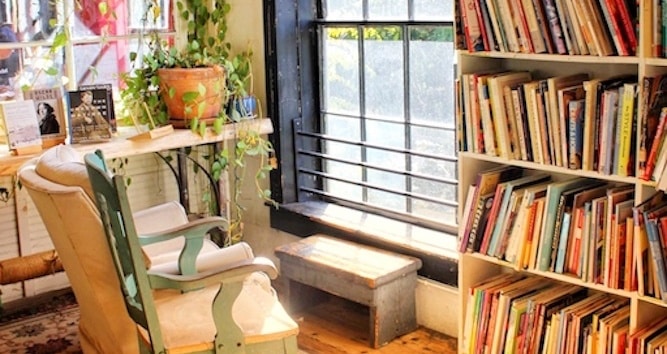
Scenes from the Montague Bookmill in Montague, Massachusetts.
Photo Credit : Katherine KeenanOn the banks of the Sawmill River in Montague, Massachusetts, only a short drive from Northampton and Amherst, sits my own personal be-all and end-all of bookstores. In 2012, Yankee called the Montague Bookmill “the true definition of ‘destination’ bookstore.” The key word being destination: The c. 1842 Montague Mill holds not only one of the best used bookstores in Massachusetts but also a number of other enticements that, combined, pack enough punch to fill an entire day.
Yet despite the modern-day appeal of its tenants — which include a music shop and an artists’ collective — the Montague Mill has held on to many charming architectural details from its grist mill past, and its rustic rooms have become revered by many. Writers and academics frequent the bookstore and the adjacent Lady Killigrew Café, as do local farmers, musicians, and artists. (Taylor Swift even showed up once.)
I worked at the Lady Killigrew as a college student: pressing paninis, serving coffees, and learning the mill building inside and out. Nowadays, I often stop by to chat (and to grab one of the Lady K’s killer cold-brews, of course). Here’s my insider’s perspective on why the Montague Bookmill is one of the most magical places in Massachusetts.
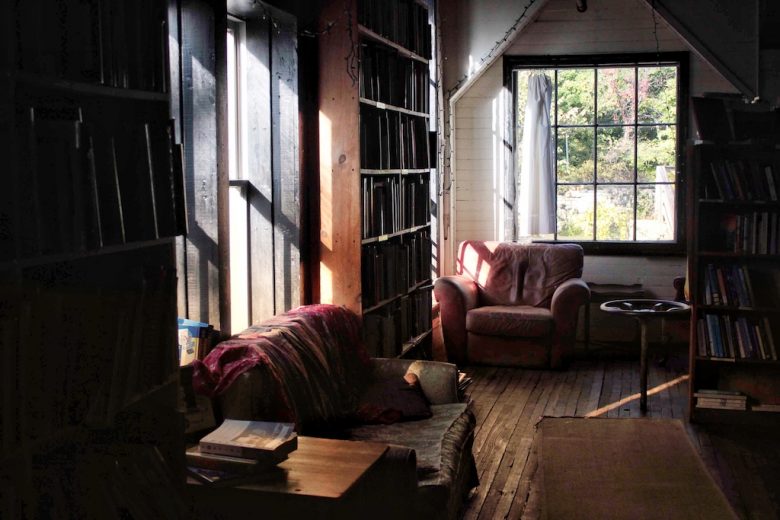
Photo Credit : Katherine Keenan
Why the Montague Bookmill Is One of the Most Magical Places in Massachusetts
Roll along one of the back roads leading to the Montague Bookmill (which, FYI, is local shorthand for the entire building), and you may find yourself following a bumper sticker that’s become ubiquitous in western Massachusetts: “Books you don’t need in a place you can’t find.” Seeing this, however, is no guarantee you won’t get lost.
The first time I visited the fabled mill was during my sophomore year at a local college. A friend knew “the back way” and insisted I’d love it there. So we rolled the windows down, wound our way through farmland and fall foliage, and reveled in the feeling of escape.

Photo Credit : Katherine Keenan
The moment I set my eyes on the Montague Bookmill, I was smitten by the expansive, multipaned old windows that compose most of the rear wall of the building, overlooking the river. In the summer, it takes two people to lift and secure one of the sashes — a worthwhile endeavor due to the immediate breath of breeze and the sound of burbling water below.
The Montague Bookmill claims to house over 40,000 books, which rise from the floor in piles, sit atop shelves, and line the walls. The walls are a medley of materials: Whitewashed wooden boards jut up against industrial details from the grist mill days. There’s a section for everything, and there’s always a friendly face at the front desk happy to point you toward the right one. What’s more, this bookstore practically begs you to stay awhile, with comfy chairs and couches perfect for curling up on.
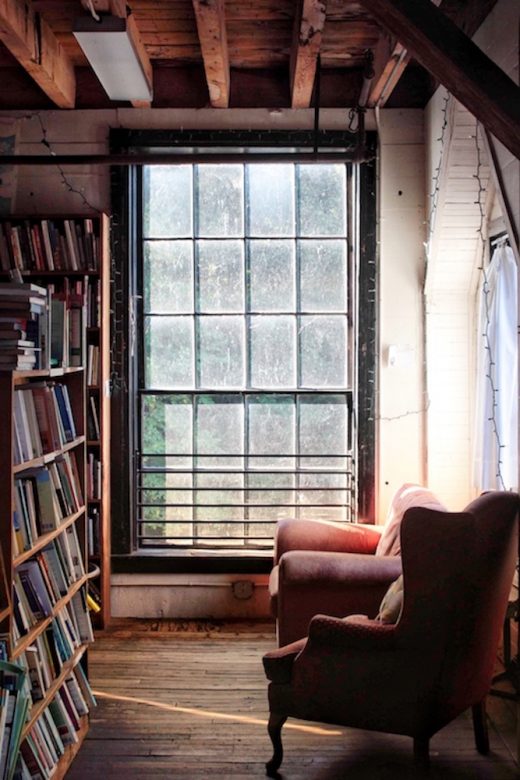
Photo Credit : Katherine Keenan
First, a little background
Though the faded blue sign at the top of the hill reads “The Montague Mill,” the structure appears on the National Register of Historic Places as the Alvah Stone Mill, as it was originally named for the first owner. Until the early 1930s, the building was used for grinding whole grain into flour. When Martin Machine Co. bought it, grinding ceased, and turbines were installed to facilitate the production of hydraulic marking machines (used to mark serial numbers or names onto products such as golf clubs and tennis rackets).
The Montague Bookmill was first dreamed up by a man named Jim Murphy, who along with Allen Ross purchased the building in 1987. A deck was built, and the interior was redesigned. In 1992, the café opened. Today the entire property is locally owned, with each of the businesses having its own proprietor.

Photo Credit : Katherine Keenan
What you’ll find at the Montague Mill today
- The Montague Bookmill
- Over 40,000 used books, a quirky staircase, knickknacks, jolly employees, and plenty of comfortable seating. Plus, the coolest T-shirts.
- The Lady Killigrew
- A café and pub named after a rebellious female pirate. They serve up a mean coffee, local loose-leaf tea, creative paninis and salads, and oodles of peanut noodles. Also: a full wine and beer list.
- The Alvah Stone
- A fine dining restaurant with a rustic atmosphere, impeccable cocktails, and a well-curated menu (and a “We Choose, You Eat” option if you can’t decide). I could eat their brown butter cornbread with maple bacon butter … forever.
- Turn It Up!
- A music store with a great selection of CDs, DVDs, and vinyl records, for those who still like having a “hard copy.”
- Sawmill River Arts
- A gallery with a wide variety of fine art and crafts. During all open hours, at least one of the local member artists is available to chat.
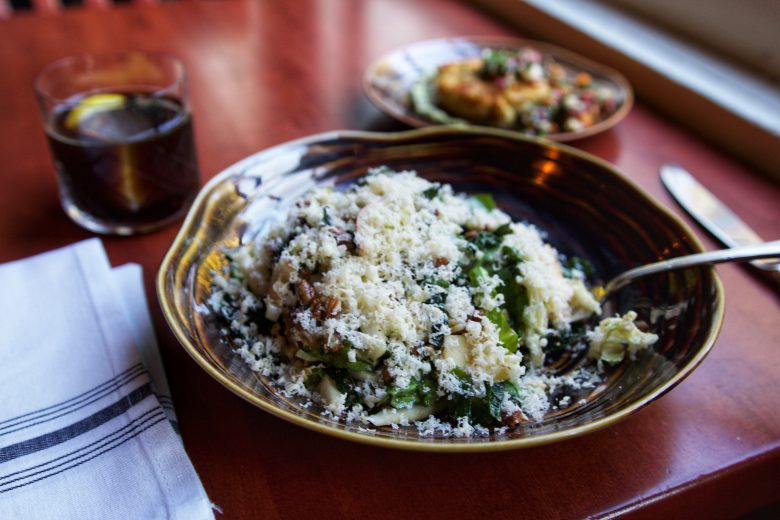
Photo Credit : Katherine Keenan
When to visit the Montague Bookmill
Anytime — and here’s why:
In the fall, the cupola atop the mill building juts through a canopy of leaves. Crab apples drop from branches, and the view outside the windows shifts toward rosy/golden hues. The Lady Killigrew starts serving hot apple cider; the Alvah Stone switches to its fall menu.
When winter sets in, it’s the perfect time to pull a book from the shelves and sink into one of the Bookmill’s many window-side chairs. There, as the snow falls, you can sip a mug of locally grown tea from the Lady Killigrew — like “Murder of Colds” from Full Kettle Farm in Sunderland. In the evening, head down to the Alvah Stone for a hearty meal, a glass of wine, or a smartly designed cocktail.
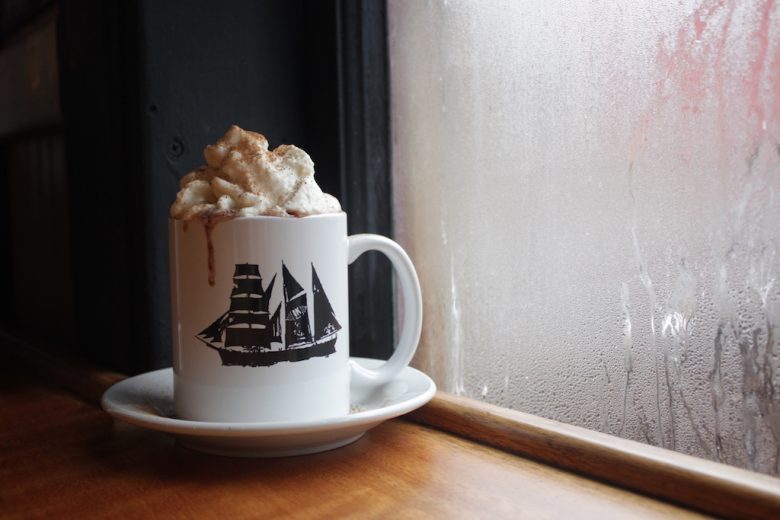
Photo Credit : Katherine Keenan
When the cold weather comes to a close, the ice melts at the top of the river and the river flows at high speed. Take in the sounds of spring from either of the outdoor patios, or wander among the books, records, CDs, arts, and crafts.
In the summer, the trees form a green canopy over the outdoor seating areas. Tourists, bikers, and locals flock to the mill, meaning it can be difficult to find a parking spot on weekends. But it’s worth it. If it gets hot out, wander down the hill and dip your toes into the river to cool off. (As the story goes, on extra-hot days the café staff used to ride dishpans down the falls.)
Ready to take a look inside? Here’s some visual evidence of what makes the Montague Bookmill one of the best day-trip destinations in Massachusetts.
A Photo Tour of the Montague Bookmill
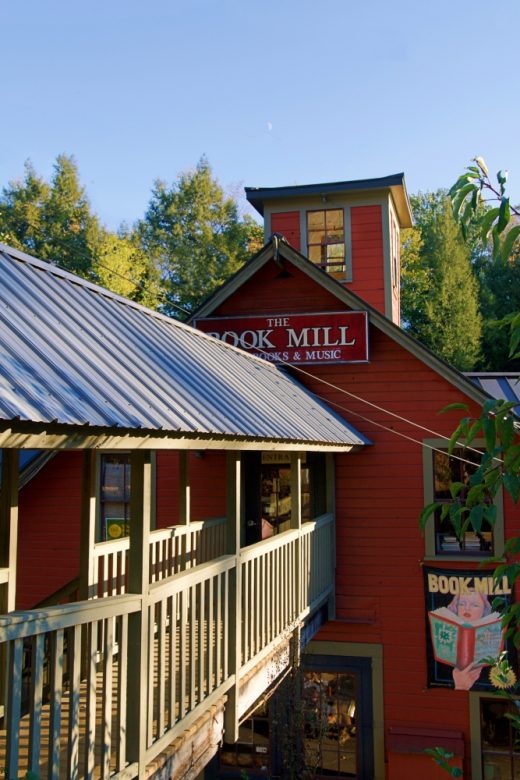
Photo Credit : Katherine Keenan
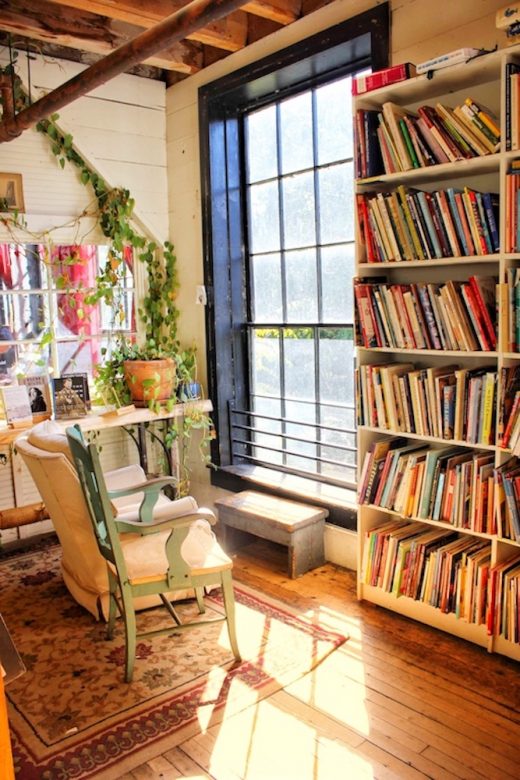
Photo Credit : Katherine Keenan
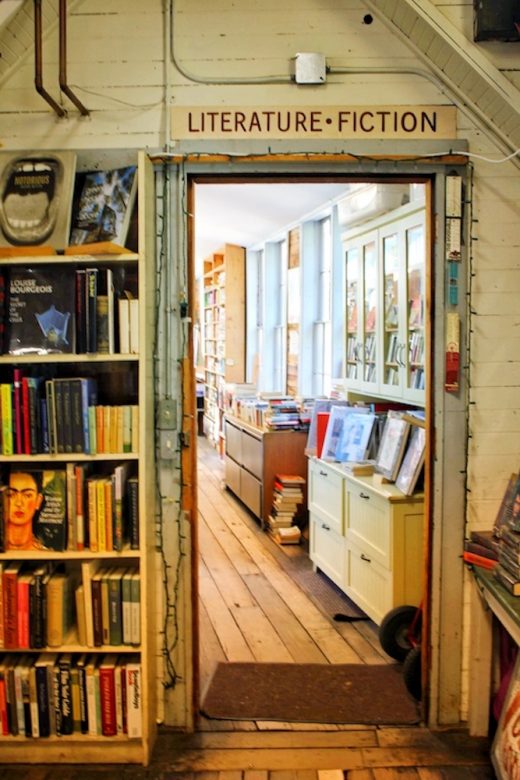
Photo Credit : Katherine Keenan
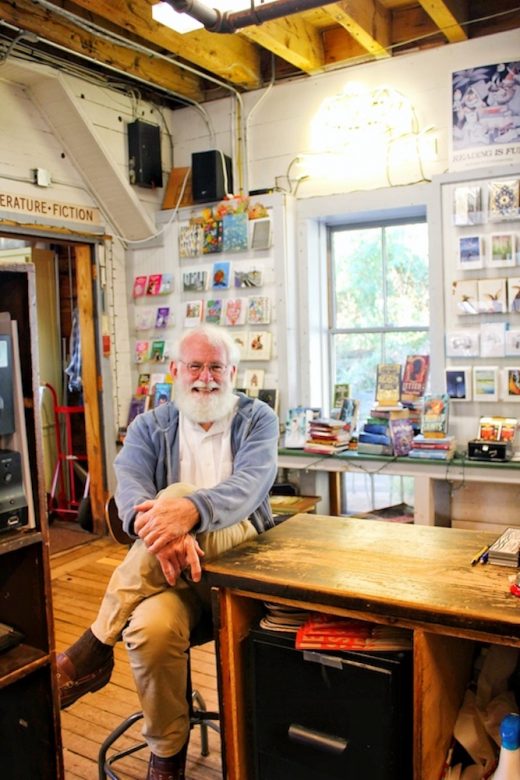
Photo Credit : Katherine Keenan
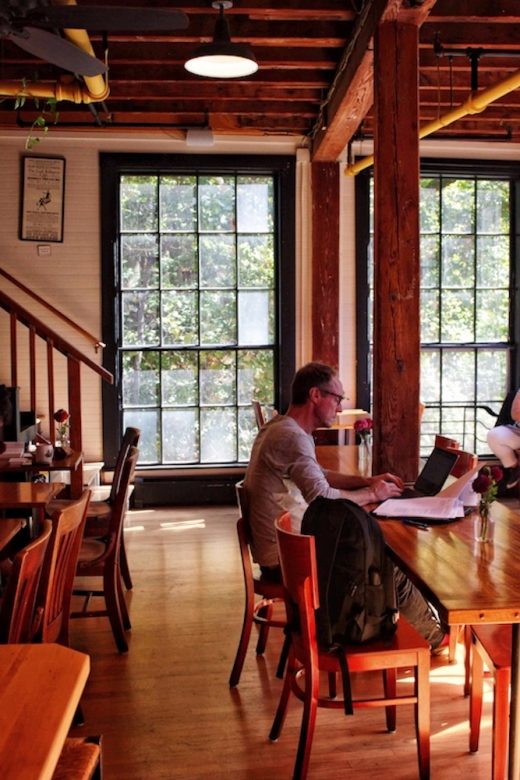
Photo Credit : Katherine Keenan

Photo Credit : Katherine Keenan
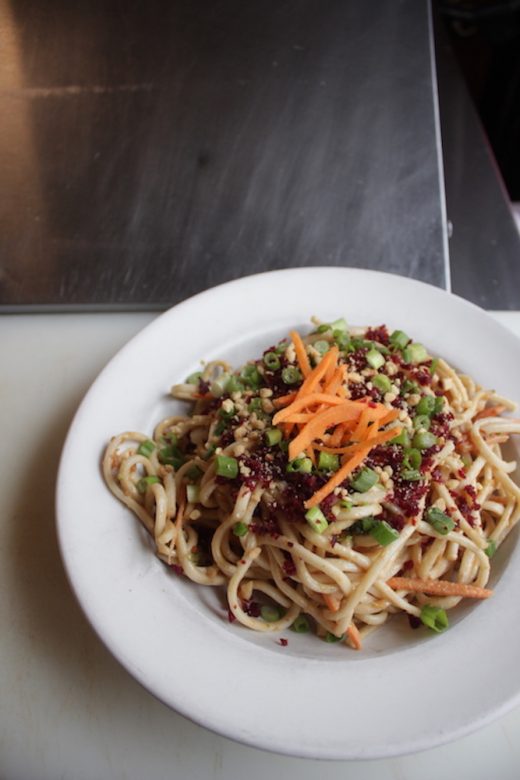
Photo Credit : Katherine Keenan
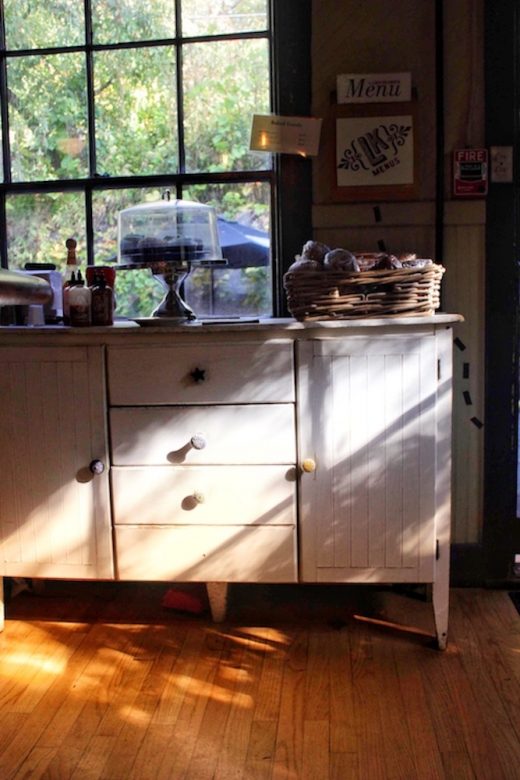
Photo Credit : Katherine Keenan
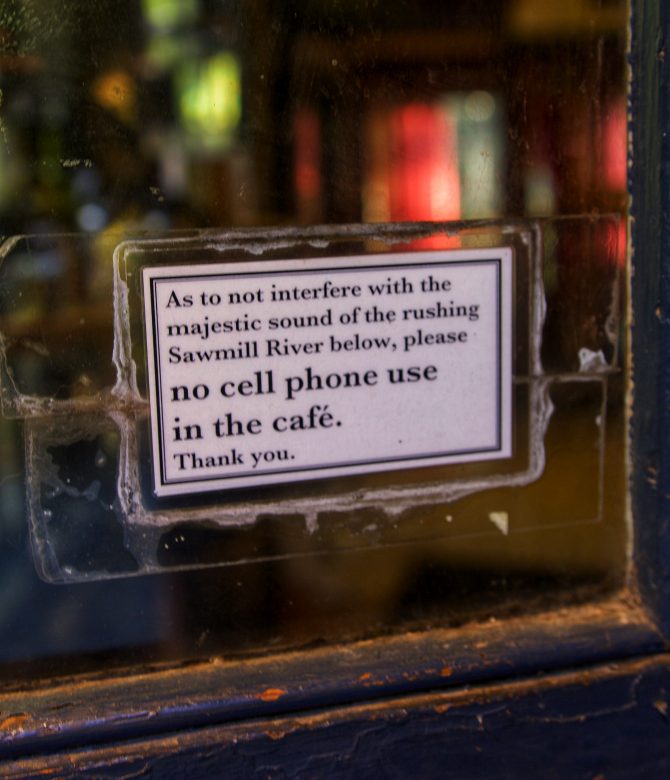
Photo Credit : Katherine Keenan
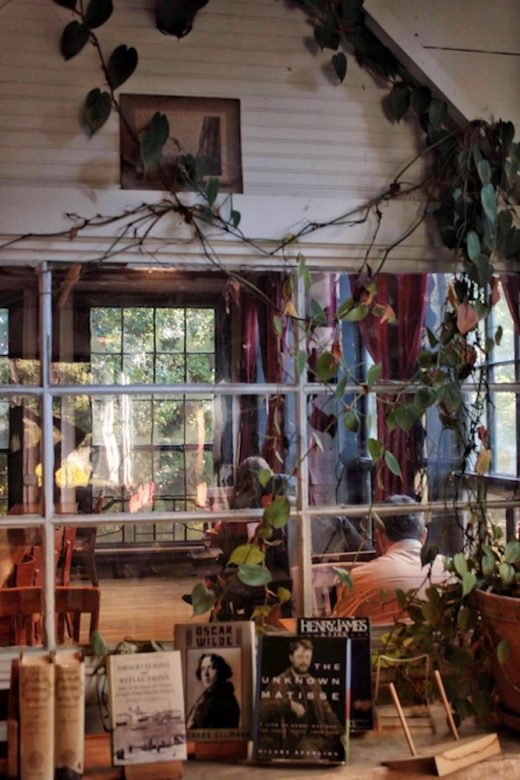
Photo Credit : Katherine Keenan
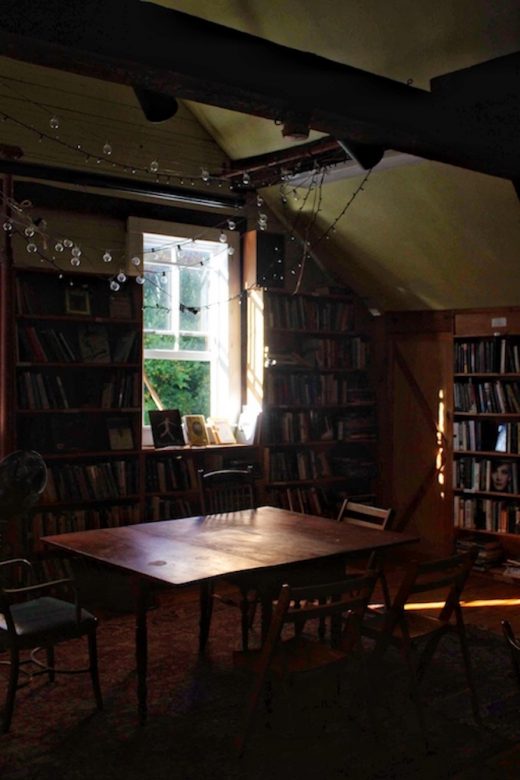
Photo Credit : Katherine Keenan
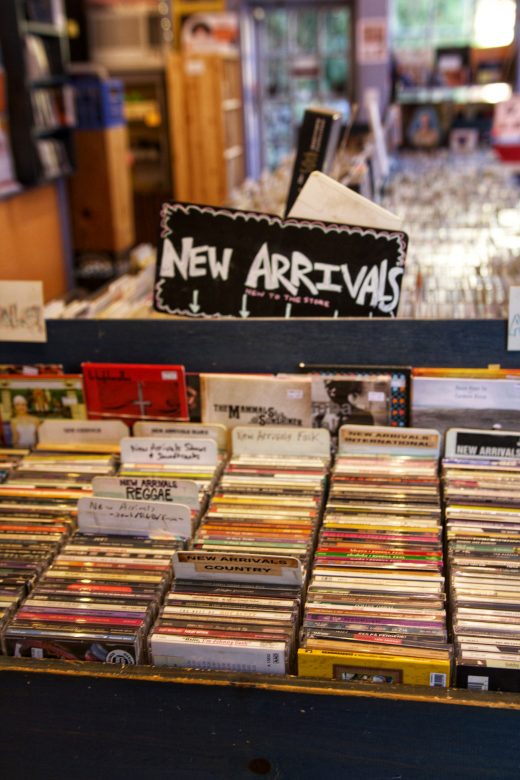
Photo Credit : Katherine Keenan
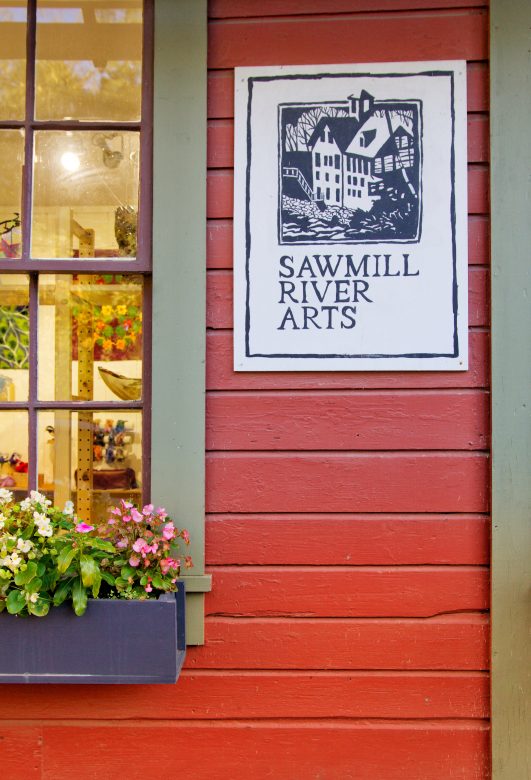
Photo Credit : Katherine Keenan
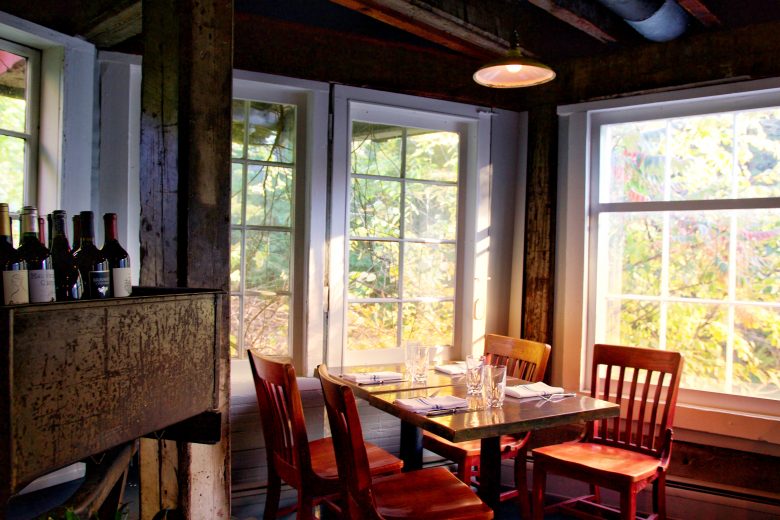
Photo Credit : Katherine Keenan
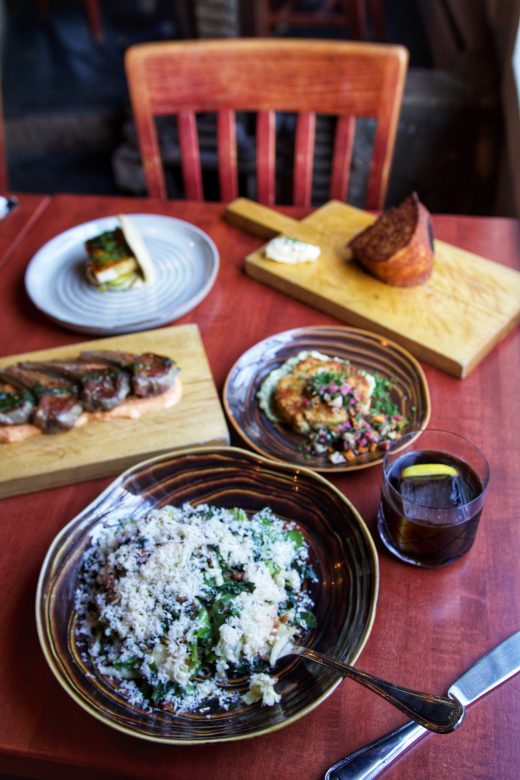
Photo Credit : Katherine Keenan
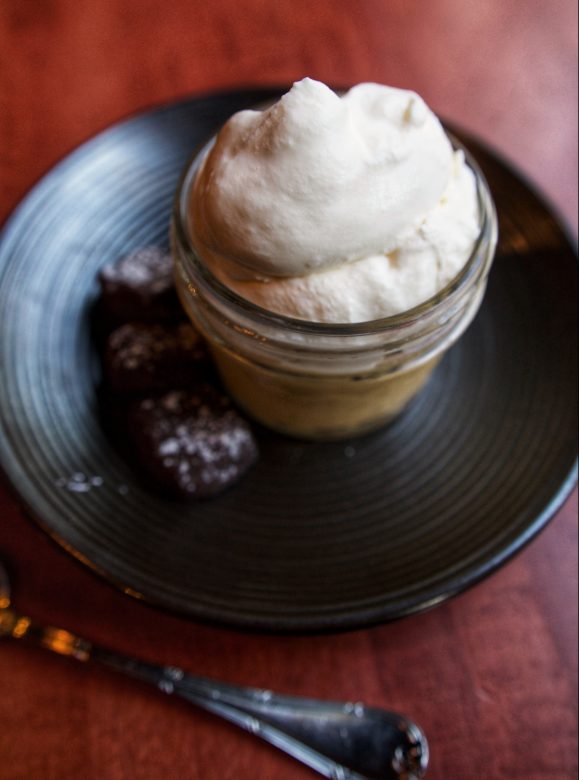
Photo Credit : Katherine Keenan
Other attractions near the Montague Bookmill
- Brick & Feather Brewery in Turners Falls, Massachusetts
- Seymour, the Pub in Greenfield, Massachusetts
- Red Fire Farm in Montague, Massachusetts
- Historic Deerfieldin Deerfield, Massachusetts
- Magic Wings, a butterfly conservatory and gardens, in South Deerfield, Massachusetts
- Yankee Candle Villagein South Deerfield, Massachusetts
- The Whately Dinerin Whately, Massachusetts
Have you ever been to the Montague Bookmill?
This post was first published in 2018 and has been updated.
SEE MORE:
A Budget Weekend in Northampton, Massachusetts
Historic Deerfield, Massachusetts | Historic Homes and the Deerfield Inn
The Yankee Candle Village in South Deerfield, Massachusetts
Katherine Keenan
As the Associate Digital Editor for Yankee Magazine, Katherine writes and edits content for NewEngland.com, manages the New England Today newsletter, and promotes Yankee Magazine on social media channels. A graduate of Smith College, Katherine grew up in the White Mountains of New Hampshire and currently lives in Maine.
More by Katherine Keenan

